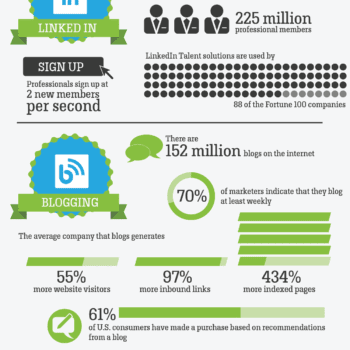It can be difficult for adults to have to take care of their families and manage their careers. This can cause a lot of stress and anxiety. As a result, here are a few steps in how to do take care of your family and your career without getting stressed.
Try to set goals for yourself when you manage your family or career. When you go to work each day, try to set some goals for you to accomplish. For instance, let’s say your goal for today is to finish the report that your boss wants. At the end of the day, you will feel better about yourself knowing that you were able to finish that report. When you accomplish these smaller goals, you will feel happier, more confident, and less stressed.
Delegate part of your responsibilities. When taking care of the family, get your spouse to help out. If your kids are older, get them to assist you. If you are at work, only take on what you can handle. Don’t try to do everything all at once. Learn to delegate and work with other people.
If you try to do everything, you will get stressed and anxious. A person can only do so much in a given day. Do not everything. Learn to manage your responsibilities. If you feel like you are doing too much, then take a break and evaluate your situation.
Try to do things in terms of their importance. Let’s say that you have to clean the living room, go to the supermarket, and wash the dishes. Go to the supermarket since this is the most important thing that needs done. Do the other two tasks later on. Determine what needs done right now and do those particular tasks in order of importance.
Managing your family and career does not have to very stressful. Learn to budget your time and manage your tasks. Eventually, you will be able to balance your career and family. If you still have trouble, then talk to a professional who can give you additional advice.
________________________
About the Author
Stan Popovich is the author of “A Layman’s Guide to Managing Fear Using Psychology, Christianity and Non Resistant Methods” – an easy to read book that presents a general overview of techniques that are effective in managing persistent fears and anxieties. For additional information go to: http://www.managingfear.com/





























